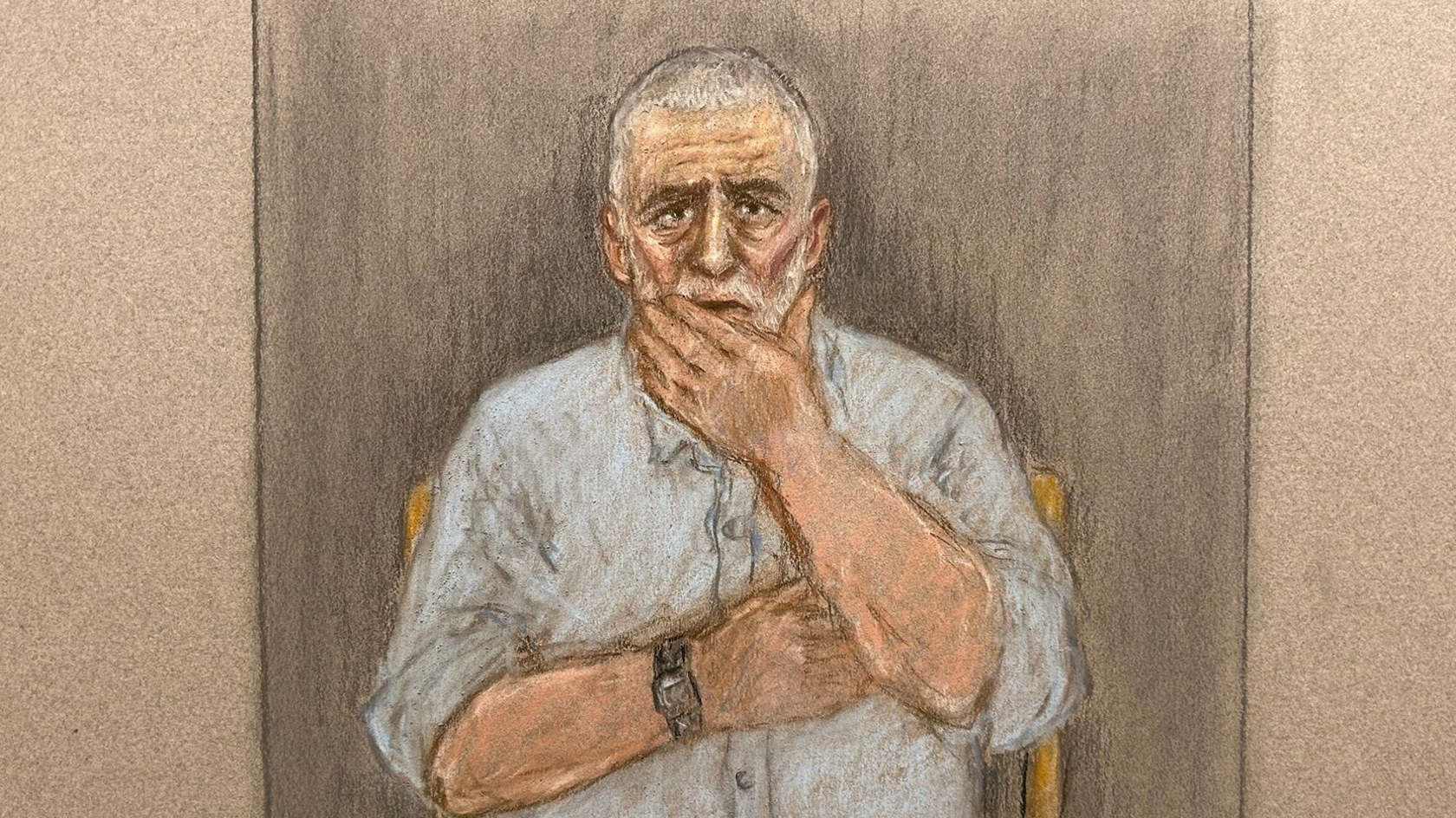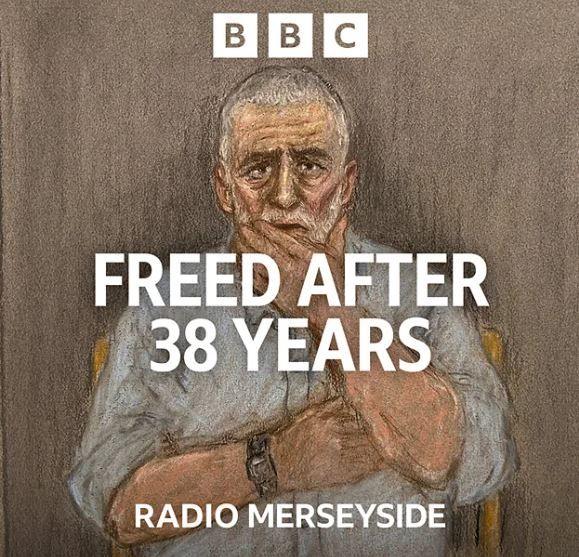How close are police to finding Diane Sindall's real killer?
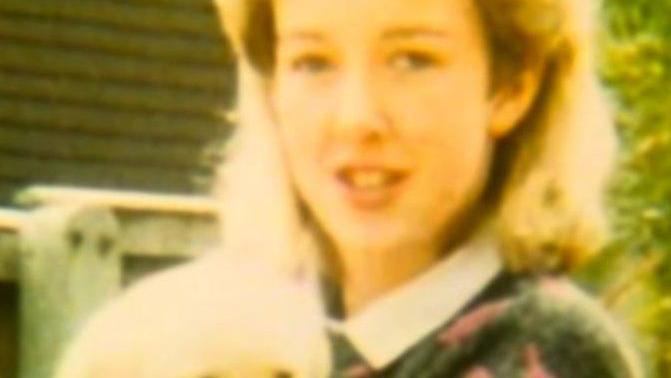
Diane Sindall, 21, had been saving up to get married
- Published
Detectives hunting for the real killer of Diane Sindall have tested hundreds of men to eliminate them from the investigation - including an alternative suspect who was also arrested.
Peter Sullivan spent 38 years behind bars after being wrongly accused of beating Miss Sindall to death in a frenzied sexual attack in Birkenhead, Wirral, in 1986.
But Merseyside Police re-opened the investigation in 2023 after new DNA tests found a match for an unknown male on crime scene samples - paving the way for his successful appeal in May.
Since then, the force said 456 men had agreed to take DNA tests and have been eliminated - including Miss Sindall's relatives and her fiancé at the time of her death.
The BBC can reveal a man who was also arrested in 1986 on suspicion of murder is one of the men who had been re-tested since 2023, and was found not to be a match for the unknown suspect.
That man had been suggested by witnesses as matching the description of someone they saw near a wooded area called Bidston Hill the day after the murder, where later some of Miss Sindall's clothing was found partially burned.
He was released without charge at the time after no other evidence was found to link him to the murder.
Police said Mr Sullivan had also matched the witness description of the man near Bidston Hill, although he was not picked out of an identity parade.
Mr Sullivan has demanded an explanation and an apology
Checks against the national DNA database have also failed to come up with a match, the force confirmed.
The force said while most voluntary tests were carried out in Merseyside, some had taken place in locations including Australia, London, Swansea, Newcastle and Hull.
In his first interview since his release, Mr Sullivan told the BBC he had been beaten by police officers and "bullied" into making a false confession after his arrest a few weeks after the murder.
Miss Sindall was a 21-year-old florist who was also doing part-time bar work to save up for her wedding.
It was on her way home from a shift at the Wellington Pub in Bebington, late on 1 August 1986, that she was ambushed and dragged into an alley off Borough Road in Birkenhead.
Police believe that while she left the pub in a blue Fiat van, it ran out of petrol and she set out on foot along Borough Road, either to get to a bus-stop or to try and find an all-night garage.
Her partially naked body was found the following afternoon.
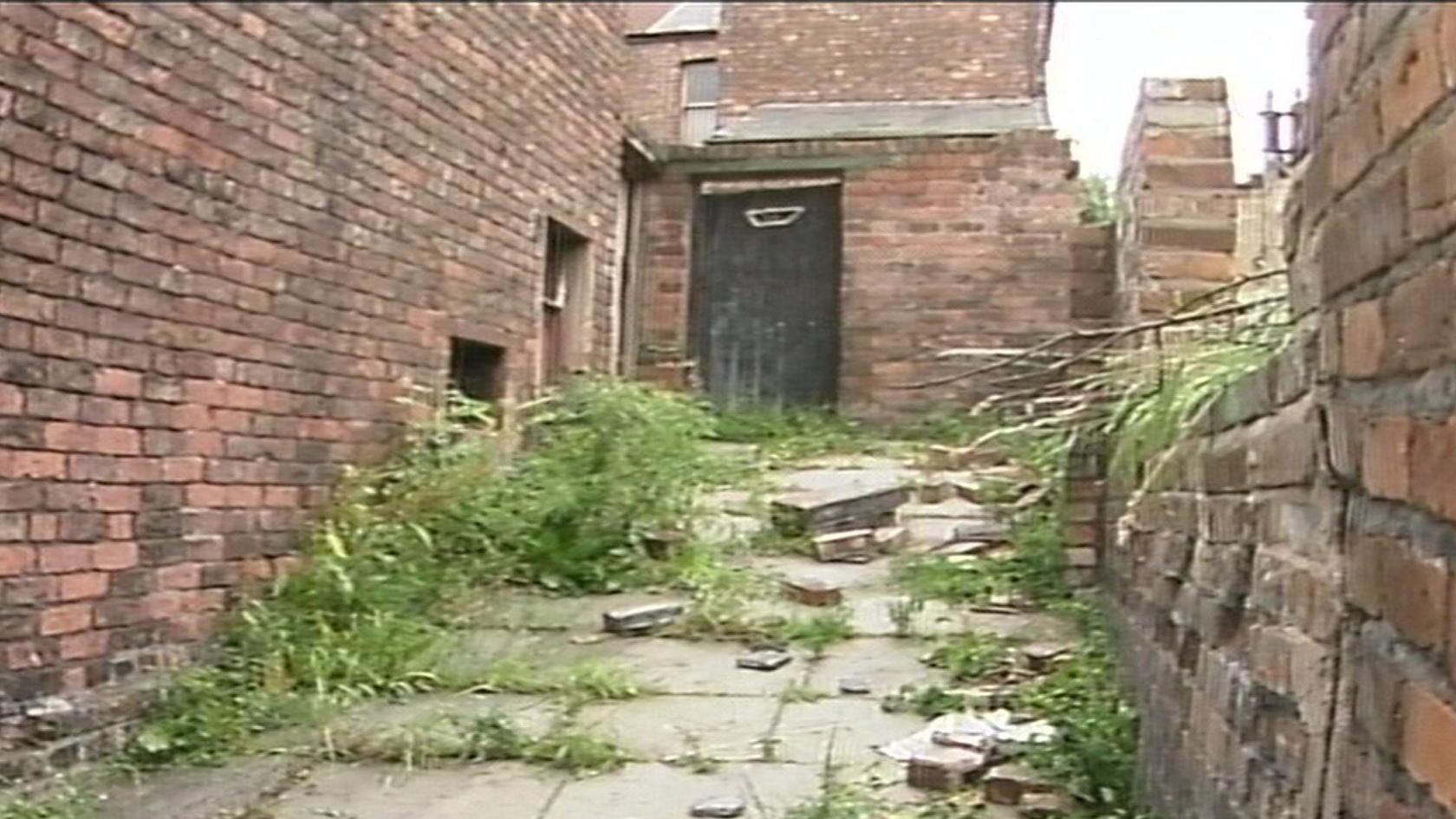
Miss Sindall was dragged off Borough Road and attacked in this alley, where her partially clothed body was found 12 hours later
A post-mortem revealed she had died from severe head injuries, but had also suffered repeated bone fractures and lacerations to her face, bruising to her neck, and severe bite mark injuries to her breasts.
Forensic investigators at the time recovered semen samples from her body, but they had been diluted by rainwater and the technology to successfully test them would not be available for decades.
Suspicion fell on Mr Sullivan after a BBC Crimewatch appeal resulted in a series of tip-offs.
Witnesses put Mr Sullivan in a pub near the scene of the murder that night, and other witnesses said they had seen someone matching his description running near Bidston Hill on 3 August, close to where the clothing was found.
It was that second set of witnesses who identified the alternative suspect as also potentially matching the man they saw near Bidston Hill.
The prosecution would later also rely on bite mark evidence, a now widely discredited field of forensic science which involves matching bite marks on a victim to dental impressions from a suspect.
'Lost everything'
Mr Sullivan was interviewed 22 times over four weeks, and was denied legal representation for the first seven interviews.
He told how he was fed information by detectives to make his confession believable, despite initially giving incorrect details.
Mr Sullivan said he wanted an explanation for why detectives "picked me out".
"I can't forgive them for what they've done to me, because it's going to be there for the rest of my life," he said, adding he had "lost everything" since going to prison.
"I've got to carry that burden until I can get an apology."
The force said it had referred itself to watchdog the Independent Office for Police Conduct (IOPC) for a second time based on Mr Sullivan's comments - having initially done so in May after the appeal decision.
In a statement, it said: "We have enlisted specialist skills and expertise from the National Crime Agency, and with their support we are proactively trying to identify the person the DNA profile belongs to, and extensive and painstaking inquiries are underway."
Get in touch
Tell us which stories we should cover on Merseyside
Listen to the best of BBC Radio Merseyside on BBC Sounds and follow BBC Merseyside on Facebook, external, X, external, and Instagram, external, and watch BBC North West Tonight on BBC iPlayer.
Related topics
- Published1 day ago
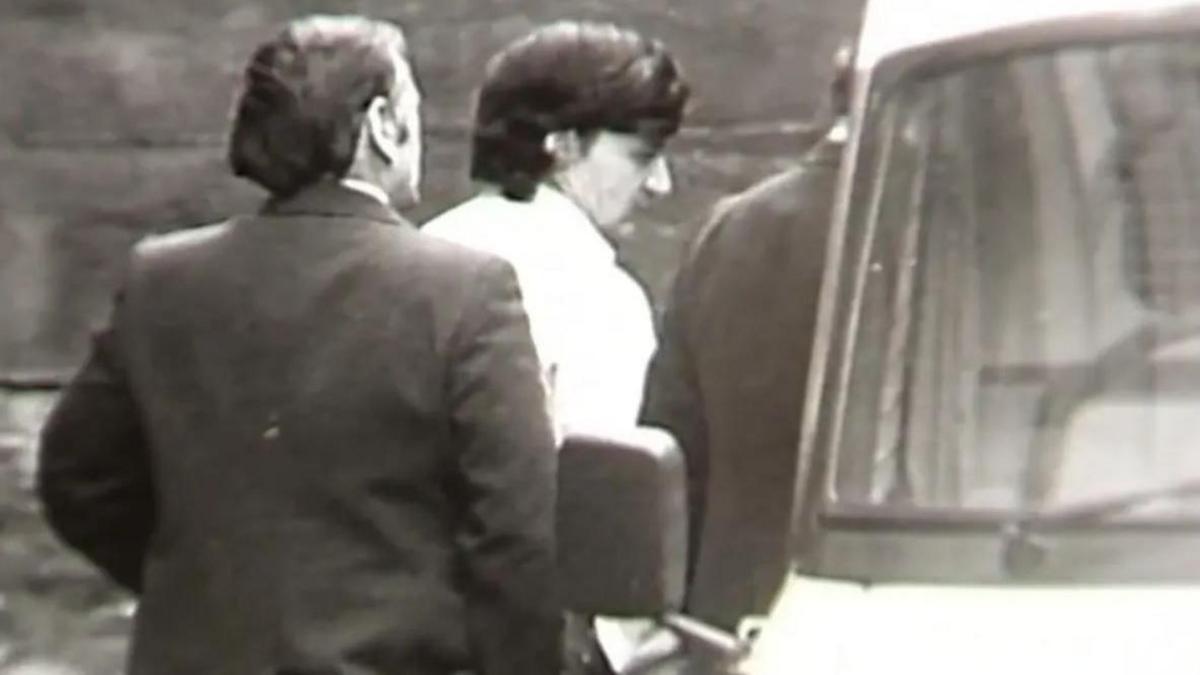
- Published13 May
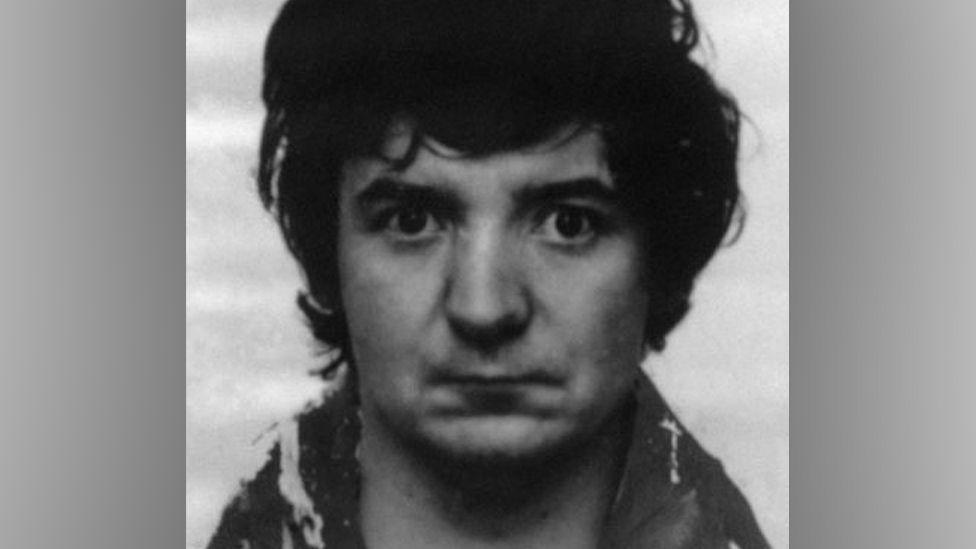
- Published14 May
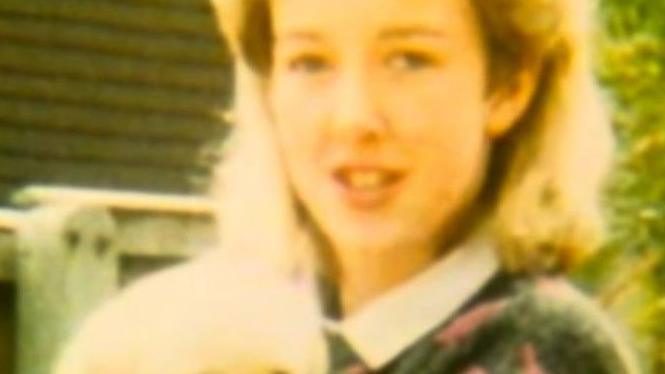
- Published15 May

- Published3 September
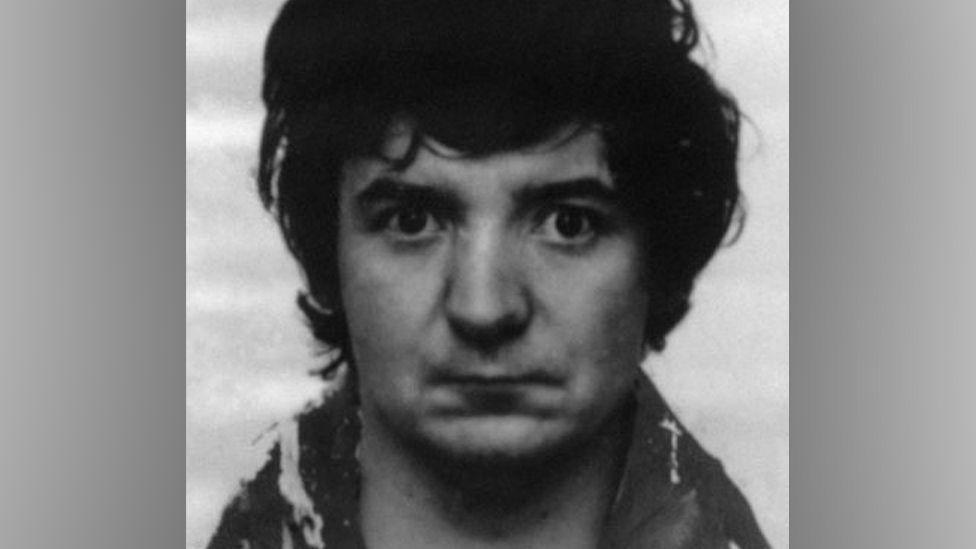
- Published21 July
